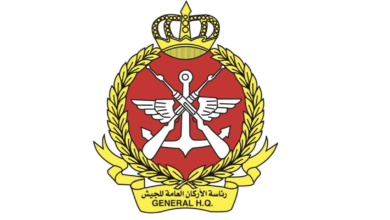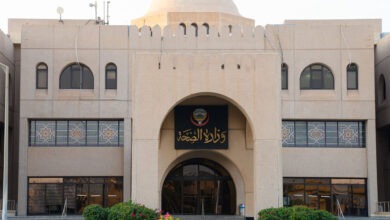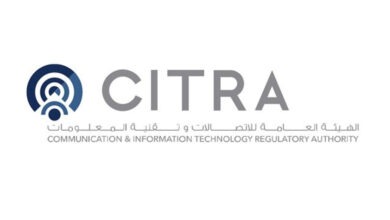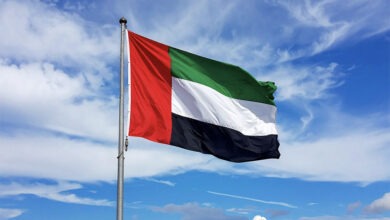Kuwait-Asian Strategic Partnership: Deepening Gulf-Asian Cooperation

By Tareq Yousef AlShumaimry
Former Secretary-General of the Commercial Arbitration Centre of the Gulf Cooperation Council
Asia has emerged as a vital force in the new international order—economically, politically, and in terms of influence in the area of investment. It is against this background that the first-ever trilateral ASEAN-GCC-China Summit being held in Kuala Lumpur, Malaysia gains added significance. The opening session of the ASEAN-GCC-China Summit on 27 May urged the two blocs and China to deepen partnership through innovation, investment and closer people-to-people ties.
It is highly relevant that in this context, the State of Kuwait, along with the Gulf Cooperation Council (GCC) countries, is working to deepen its partnerships with major and emerging Asian nations as part of its strategic vision. This vision aims to diversify international relations, ensure economic security, and support sustainable development projects in line with the ‘New Kuwait 2035’ vision and the development plans of other GCC states.
Asia, especially East and South Asia, represents one of the largest markets for Kuwaiti oil exports. Countries such as China, India, South Korea, and Japan rely heavily on energy imports from the Arabian Gulf to meet their industrial needs. Beyond energy, Asian countries are increasingly becoming key investment and trade partners with Kuwait and the GCC, in sectors such as infrastructure, technology, healthcare, and education.
Kuwait’s oil exports to Asia accounted for more than 85 percent of its total oil exports over the past decade, underscoring the deep interdependence between both sides.
The mutual economic integration and investments by Kuwait’s sovereign wealth fund, led by the Kuwait Investment Authority, form a solid bridge for cooperation with major Asian economies. Kuwait has invested in strategic projects in China, India, and Indonesia in areas including infrastructure, clean energy, and technology.

Political and Diplomatic Cooperation
On the political and diplomatic front, Kuwait continues to strengthen bilateral relations with Asian countries through high-level visits and the signing of economic and security cooperation agreements. Kuwait also benefits from its membership in regional institutions like the Asia Cooperation Dialogue (ACD), an initiative launched in Kuwait in 2002, which bolsters its political presence as a bridge between the Gulf and Asia.
Kuwait has distinguished itself through energy diplomacy. Energy remains a central pillar of Kuwait-Asia relations, not only in oil exports but also in refining, petrochemicals, and the exchange of expertise in renewable energy, especially as Asia intensifies its interest in green transformation.
Kuwait seeks to deepen partnerships in the digital economy and green technology by attracting Asian investment into its Kuwait 2035 Vision projects and leveraging Asian expertise in smart city management and higher education.
However, regional competition for Asian investment and shifting geopolitical dynamics—especially in the Strait of Hormuz and South China Sea—have delayed some of the anticipated investment flows between the two sides.
The Kuwait-Asia partnership remains an indispensable strategic choice for Kuwait as it aims to diversify its economy and enhance its global standing. The next phase requires a comprehensive vision based on active diplomacy, updated investment legislation, and strategic use of the opportunities presented by Asia’s rising economic and technological stature.
As Kuwait continues to assert its role as a bridge between the Gulf and Asia, it is essential to develop clear policies that maximize benefits and ensure the long-term sustainability of this relationship.
Kuwait has signed agreements with several Asian countries, including a comprehensive strategic partnership with China; Investment and scientific cooperation agreements with India; Agreements in peaceful nuclear energy and technology with South Korea; and a Free Trade Agreement with Malaysia.
Kuwait is also committed to attracting Asian capital to implement ‘Kuwait 2035’ projects and to exchanging expertise in digital governance, smart cities, and technology localization through academic and industrial partnerships.
It is crucial for GCC countries to establish a unified investment framework to enhance legal transparency in partnership projects with Asia. This includes creating permanent committees for Asia partnerships, composed of public and private sector representatives and boosting academic and research engagement in shaping technological cooperation and sustainable development.
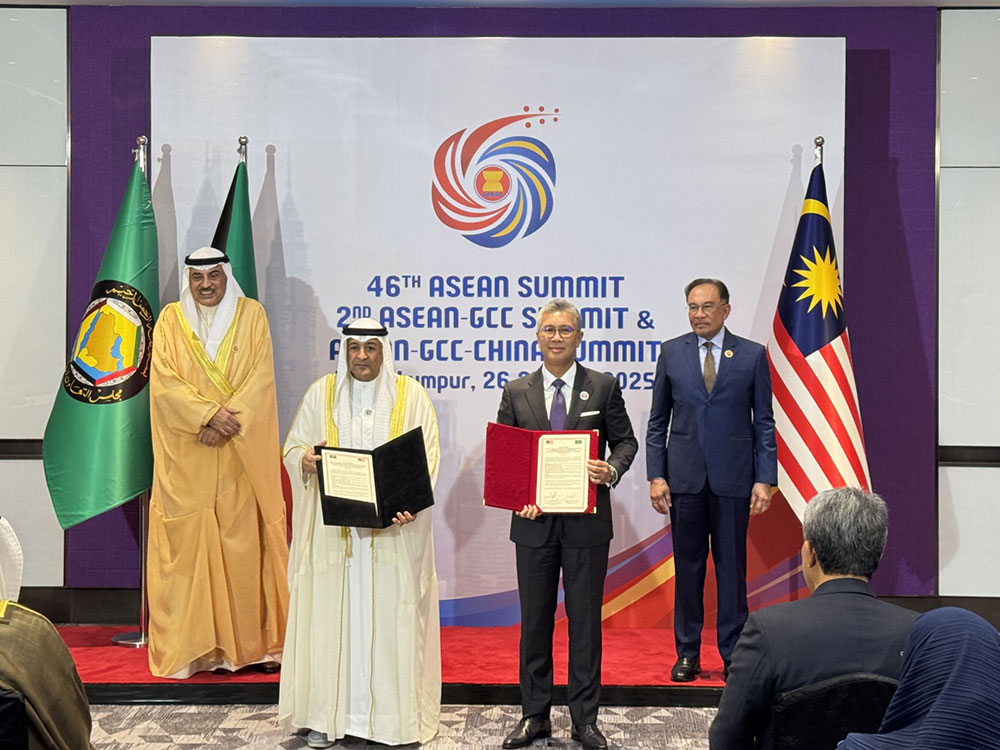
In this regard it is noteworthy that speaking at the opening session of the trilateral ASEAN-GCC-China Summit, Malaysia’s Prime Minister Anwar Ibrahim—who co-chaired the meeting with His Highness the Crown Prince Sheikh Sabah Khaled Al-Hamad Al-Sabah, as current GCC chair, and China’s Premier Li Qiang—noted that the three groups together generate US$24.87 trillion in Gross Domestic Product (GDP) and represent 2.15 billion people.
Ibrahim added that the trade between ASEAN and the GCC reached $130.7 billion, with bilateral foreign direct investment totaling $300.2 billion, while China remains ASEAN’s largest trading partner at roughly $700 billion in trade and $17.3 billion in direct investment.
He commended the GCC’s role in global finance and energy, China’s leadership in advanced technology, and ASEAN’s record of peaceful integration, calling the summit an unprecedented platform for collective growth.
He highlighted that the theme of Malaysia’s ASEAN chairmanship is inclusivity and sustainability, and pointed to historic links from the Silk Road to the Strait of Malacca. Meanwhile, Li urged a creation of a unified, integrated market across the three regions, arguing that their combined quarter share of global population and output could unlock new development momentum.
He announced completion of the upgraded China-ASEAN Free Trade Agreement (FTA) and pressed for swift conclusion of a China-GCC FTA, saying different stages of development should be turned into strengths through coordinated strategies.
Li backed Malaysia’s initiative, ‘Dialogue of Civilizations’ and China’s own Global Civilization Initiative, invoking Chinese President Xi Jinping’s idea that collective action can achieve more than the sum of individual contributions with his saying, one + one + one is greater than three, a metaphor for synergy. The summit forms part of ASEAN’s 46th summit and is the first meeting to gather the three
blocs under a joint regional coordination framework.
Deepening ties with Asia should not be a temporary option but a long-term strategic direction for the GCC. With a holistic approach that considers economic, legal, and diplomatic dimensions, Kuwait and the Gulf states can cement their position as a cultural and economic bridge between the Gulf and Asia—building a model of cooperation based on mutual interests and respect.
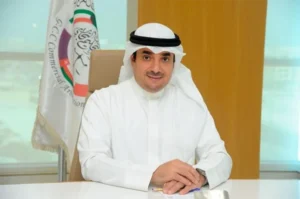
Tareq Yousef AlShumaimry, served as Chairman of the Finance Committee and Chairman of the General Budget Committee of the Permanent Court of Arbitration in The Hague (PCA) and an observer in the Administrative Council of the Court and the Consular at International Court of Justice (ICJ) and the Embassy of the State of Kuwait in the Netherlands during this period from 2013 to 2020. Email: tareq@alshumaimry.com









